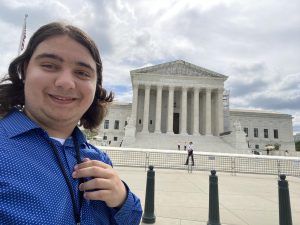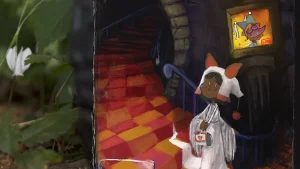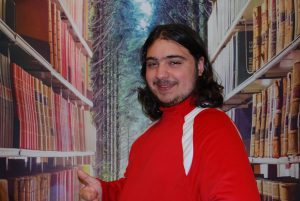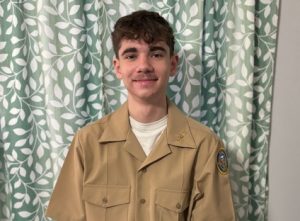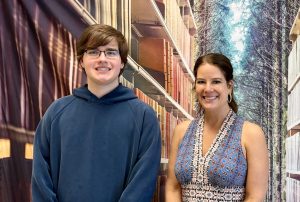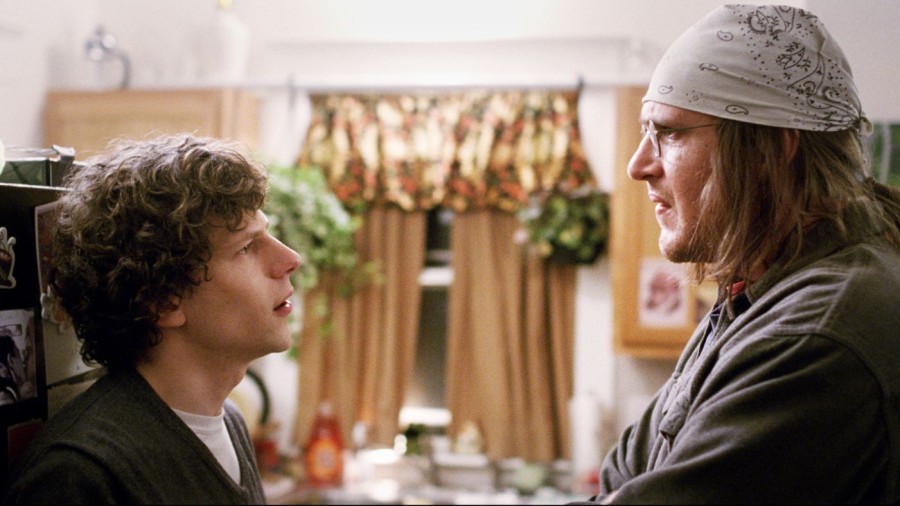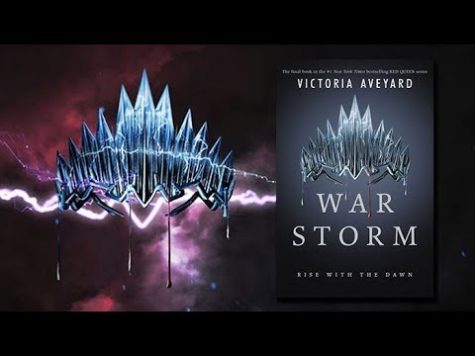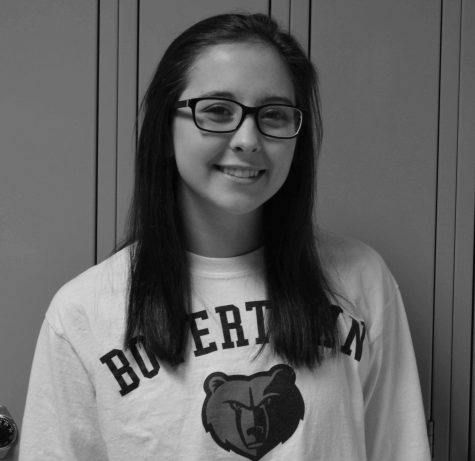‘The End of the Tour’ is Enlightening and Engaging
A movie like The End of the Tour just had to be an independent film. Of its’ 106 minutes runtime, about 85 or 90 minutes are conversations between Jesse Eisenberg and Jason Segel. That’s something you’ll never see in a mainstream wide release movie, and for good reason. Do you know how hard it is to pull off a movie like that? Audiences have a hard time engaging in extended conversations in movies. It’s practically suicide to make a whole movie about it. Heck, most people probably lost interest in this review once they read that it’s 90% talking. Which is why I’m here to say that you shouldn’t ignore The End of the Tour, because it’s not the boring talkfest it seems to be.
What it is, is the true story of a writer who has to suddenly cope with stardom he doesn’t want, and another writer who wants the stardom he doesn’t have.
Jason Segel is David Foster Wallace, the writer who is on the last legs of the 1996 book tour where he became famous. His book is Infinite Jest, which is over a 1,000 pages long and led many people to declare him a genius. The novel was included in TIME magazine’s 100 Best English-Language Novels, and won Wallace a MacArthur Fellowship (otherwise known as a Genius Grant). The real David Foster Wallace was uncomfortable with this attention, and always acted nervous in interviews because he was afraid people would see through him and hate him.
Jesse Eisenberg plays David Lipsky, a small time author and journalist for Rolling Stone. He’s assigned through Rolling Stone to interview Wallace on the last four days of his book tour. His article was never published in the magazine, but he did release the interviews in his book Although of Course You End up Becoming Yourself , which was the basis for the movie.
Through these four days, Lipsky and Wallace engage in small talk, ranging from Die Hard to Alanis Morissette, but slowly begin to cover bigger issues like why Wallace doesn’t own a TV, how we deal with pleasure, and addiction. They’re incredibly engaging and thought-provoking ideas, and Donald Margulies (the screenwriter) weaves them into poignant, funny, and beautifully written dialogue.
But good dialogue is nothing without good acting, a burden that rests on the two leads’ shoulders. Thankfully, they deliver. Jesse Eisenberg’s performances can range depending on your tolerance of the guy. Here he acts in a more watered down way, not as twitchy or quirky as he usually is, so it’s one of his better performances. But the MVP award unquestionably goes to Segel, who disappears into Wallace, capturing all the mannerisms, speaking patterns, and anxiety of the author. It’s a side of Segel you’ve never seen before. Not for one second did I believe I was watching anyone other than Wallace. His performance fills you with warmth and quietly breaks your heart all at once. It’s nothing short of a miracle.
The whole experience of watching The End of the Tour is transcending. I forgot that it was just a movie, and by the end I had felt it was me who spent the four days talking to Wallace, not Lipsky. It may be a small film, but it’s filled with enlightenment about the mind of a writer and universal insights about the human condition. I can’t imagine that there’s anybody out there who can’t relate to it.
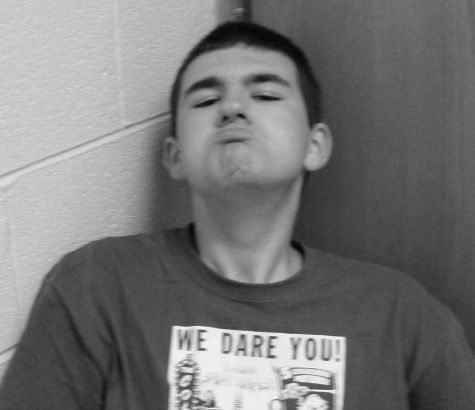
James Mason is a writer for Temple University. When not writing for the newspaper, he can be found at home reading badly, writing badly, viewing bad...
